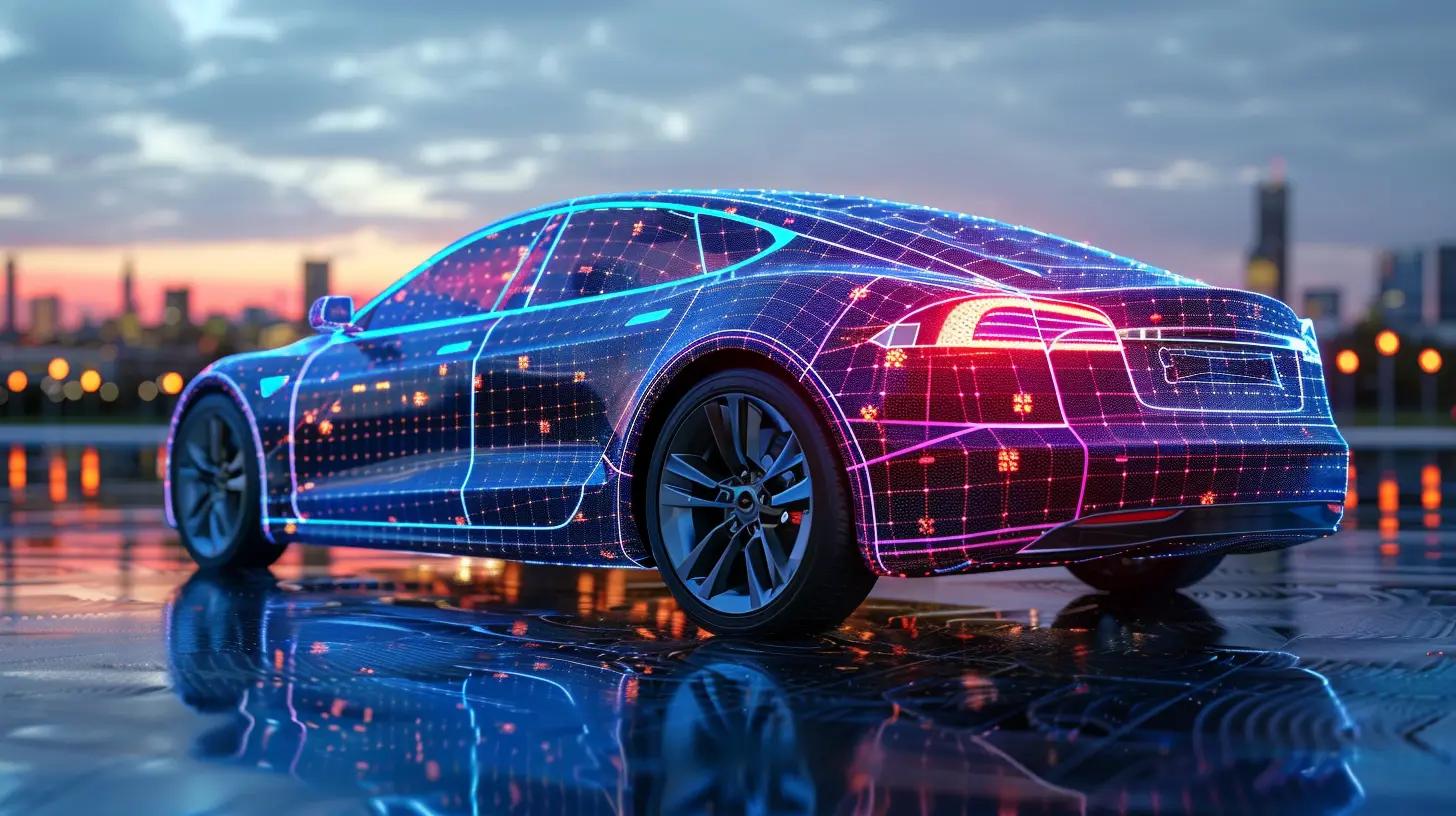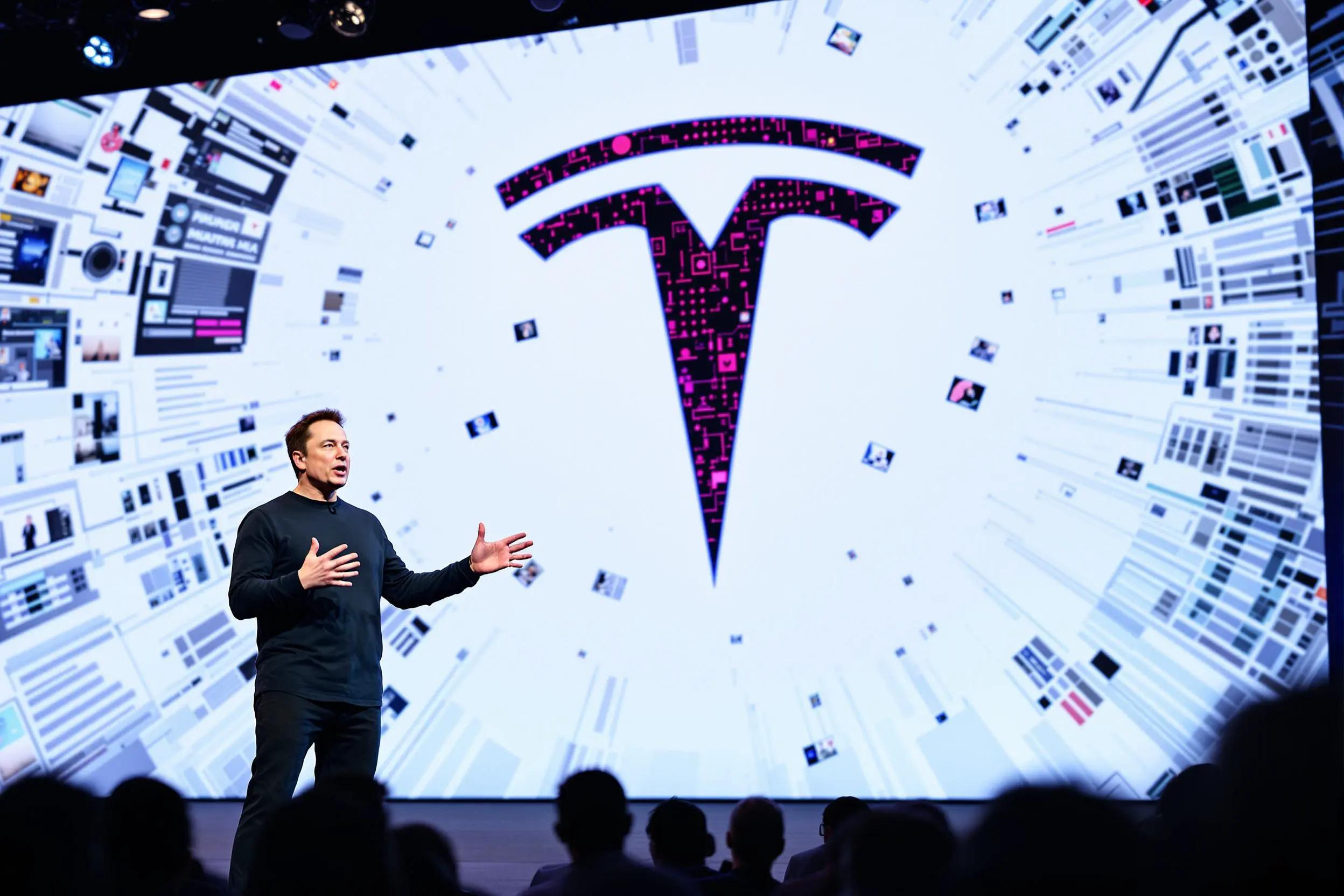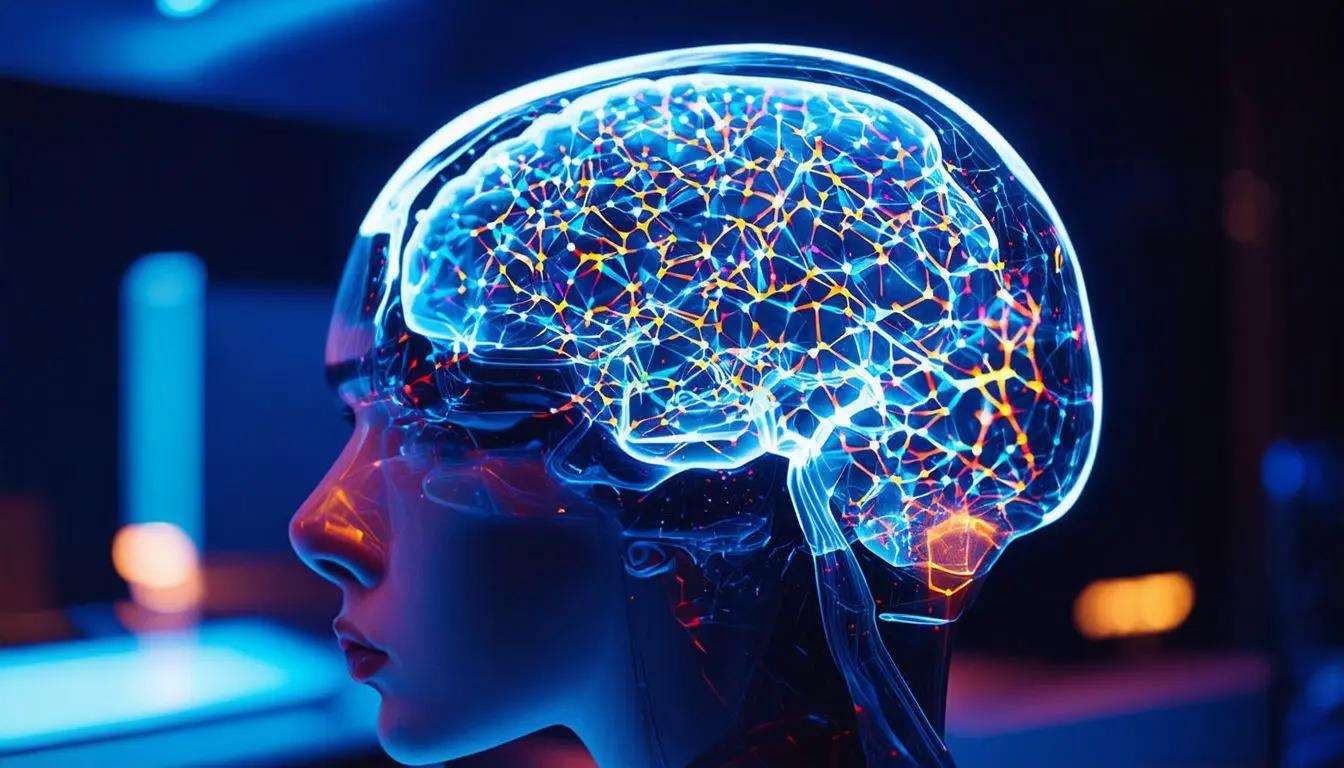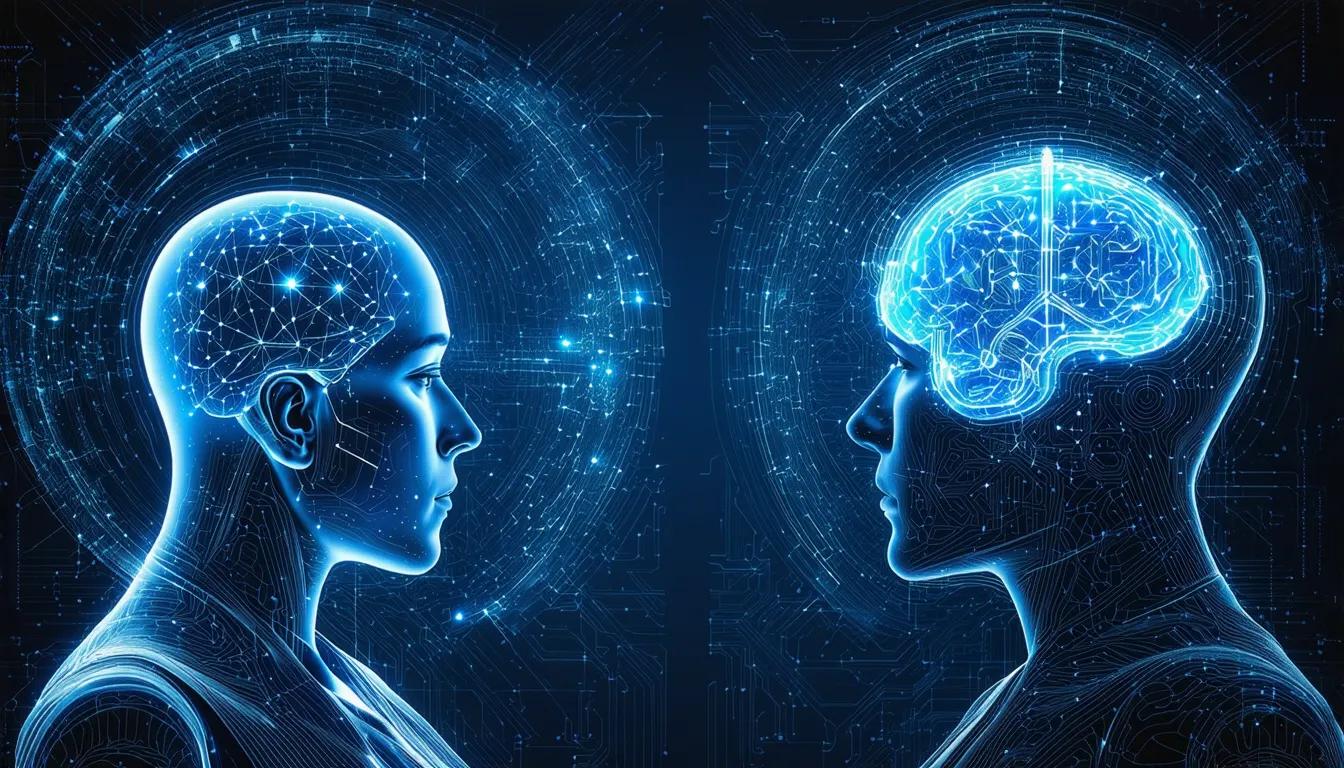April 22, 2024|5 min reading
How AI is Driving Change in the Automotive Industry

Artificial intelligence (AI) has swiftly transitioned from a futuristic concept to a core component of the modern automotive industry. Automakers are leveraging AI not only to enhance vehicle manufacturing and supply chain efficiency but also to elevate the overall driving experience, making it safer and more enjoyable. In this comprehensive exploration, we'll delve into the practical applications of AI in the automotive industry, emphasizing real-world implementations over theoretical possibilities.
Key AI Applications in the Automotive Industry
Design and Manufacturing
AI's influence begins in the initial phases of automotive design and extends throughout the manufacturing process. For instance, AI-powered robots and machine learning algorithms play a crucial role in speeding up production lines and improving the accuracy of tasks like welding and part inspections. An example is Nvidia's use of advanced GPUs to accelerate design workflows, enabling more rapid prototyping and iteration.
Supply Chain Optimization
In the realm of supply chain management, AI offers transformative potential. Technologies such as IoT and predictive analytics allow manufacturers to monitor component journeys and predict arrival times accurately. AI systems like those developed by Blue Yonder enhance visibility across the inventory movement, helping predict and adapt to potential delivery disruptions in real-time.
Quality Control
AI greatly enhances the ability to detect manufacturing defects and maintenance needs before they become more serious issues. Using data from in-vehicle sensors, AI can alert drivers to potential system failures or necessary maintenance checks. For example, BMW employs AI to monitor the condition of equipment like welding tongs and to ensure paint quality, optimizing the production quality and longevity of its vehicles.
Enhancing Passenger Experience
AI significantly improves the in-car experience by incorporating features that ensure both entertainment and safety. Systems equipped with emotion recognition technology can assess the driver's state and adjust the vehicle's environment accordingly, enhancing safety. Innovations like Audioburst’s AI-infused infotainment system personalize entertainment options, allowing passengers to access customized playlists and news briefs through voice commands.
Advanced Driver Assistance Systems (ADAS)
AI-driven ADAS are critical for improving road safety by providing features such as real-time traffic updates, hazard detection, and automatic emergency braking. CarVi, for instance, uses AI to analyze driving conditions and alert drivers to potential dangers like lane departures and potential collisions, significantly reducing the risk of accidents.
Automotive Insurance
AI streamlines the insurance process by enabling faster, more accurate claim processing. AI can assess damage through images uploaded by users, as seen with applications like the Ping An Auto Owner app, which allows users to submit photos for immediate insurance claim assessments.
Challenges and Considerations
Despite the promising integration of AI in automotive applications, several challenges persist. Data quality, algorithm bias, and the transparency of AI decisions (explainable AI) are among the critical areas requiring attention. Ensuring that AI systems are unbiased and their operations transparent is crucial, especially when these systems are used in safety-critical functions.
Conclusion
The integration of AI in the automotive industry is reshaping how vehicles are designed, built, and interacted with. From enhancing manufacturing processes to improving the end-user experience, AI's role is pivotal and growing. As technology evolves, the automotive industry must address the accompanying challenges to fully harness AI's potential and ensure safe, efficient, and enjoyable transportation for all.
This exploration into AI's role in the automotive sector illustrates just how deeply technology is embedded in the industry's evolution. As AI continues to develop, its impact on automotive innovation and safety is bound to expand, leading to smarter, more efficient vehicles on our roads.
Explore more

Elon Musk’s Vision: AI, Mars, and a Future of Abundance
Explore Elon Musk’s predictions on AI, Tesla’s Robotaxi plans, Starship’s Mars mission, and the role of robots in a futu...

Unlocking the Future: The Revolutionary Potential of Brain Image Reconstruction Technology
Discover how brain image reconstruction technology is pushing the boundaries of science and art by decoding thoughts int...

Can Artificial Intelligence Replace Human Intelligence?
Exploring the capabilities and limitations of AI in comparison to human intelligence.
